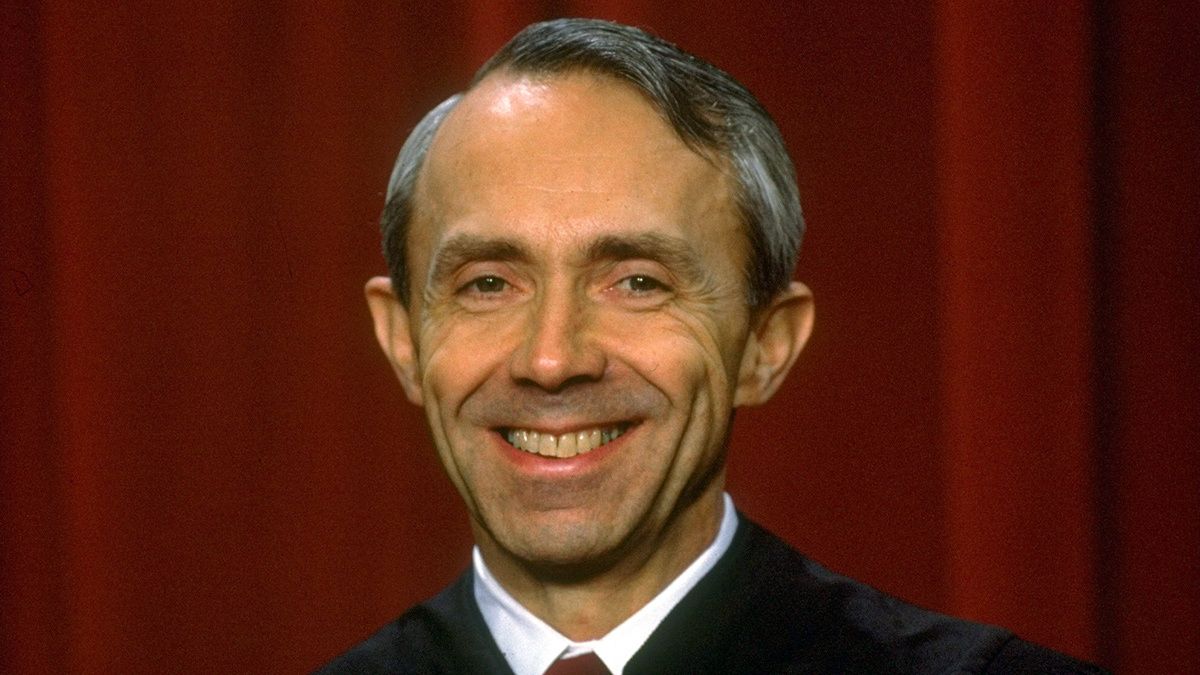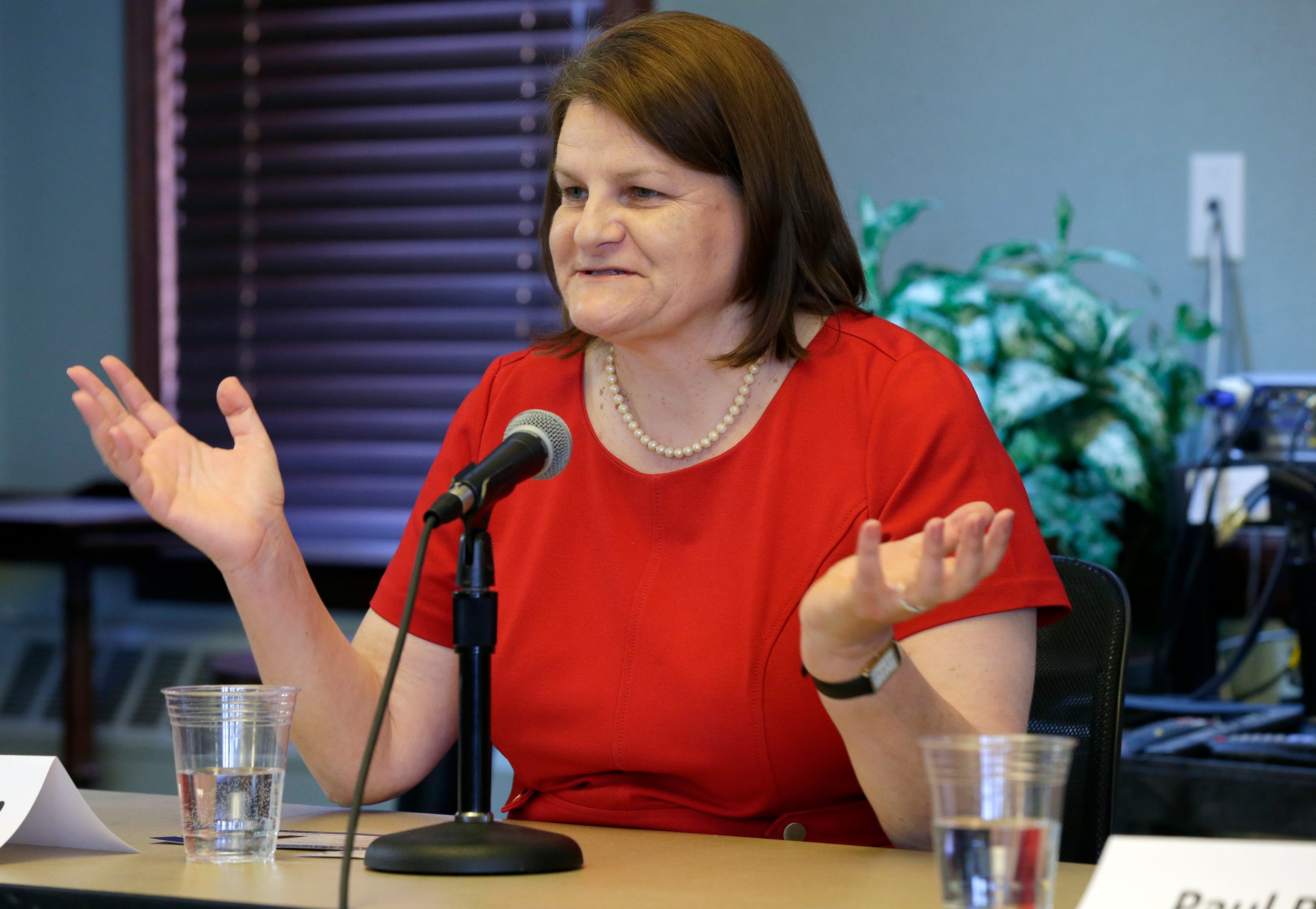David Souter, Supreme Court Justice, Dies: His Lasting Impact
David Souter, Supreme Court Justice, Passes at 85: A Legacy Revisited
A Nation Mourns: David Souter's Passing
The legal world, and indeed the nation, is in mourning. Retired Supreme Court Justice David Souter passed away on Thursday at his home in New Hampshire, the Supreme Court announced. He was 85 years old. His passing marks the end of an era, a time when jurists often defied simple categorization and embraced a more nuanced approach to interpreting the Constitution.
Souter's Appointment: A Republican Hope, a Liberal Voice
Appointed by President George H.W. Bush in 1990, Souter was initially seen as a conservative pick. But as history often teaches us, things aren't always as they seem. He quickly carved out a reputation as a moderate, often aligning himself with the court's liberal wing, much to the chagrin of those who had hoped for a staunchly conservative vote.
The Bush Administration's Disappointment
Imagine being President Bush. You nominate someone you believe shares your values, only to see them chart a different course. It must have been frustrating! But that's the beauty of an independent judiciary, isn't it? Justices are meant to interpret the law, not simply toe the party line. This independence is precisely what Souter exemplified, a testament to the strength of American democratic ideals. He proved that loyalty to the law superseded political expectation.
A Life of Public Service: Beyond the Bench
Souter's life was one dedicated to public service. From his early days as a lawyer in New Hampshire to his rise through the judicial ranks, he consistently demonstrated a commitment to fairness and justice. He brought a sharp intellect and a deep understanding of the law to every role he held.
From New Hampshire to the Nation's Highest Court
Souter's journey to the Supreme Court was a fascinating one. He wasn't a product of elite legal circles; he came from a small town in New Hampshire. This background, arguably, gave him a unique perspective, grounding his legal reasoning in the realities of everyday life. This perhaps explains his pragmatic approach to complex legal questions.
His Impact on Landmark Cases
While the specifics of his votes are complex, Souter played a pivotal role in numerous landmark cases. His thoughtful approach and willingness to engage with different viewpoints helped shape the legal landscape of the United States.
Balancing Precedent and Progress
One of the key challenges for any Supreme Court Justice is balancing respect for legal precedent with the need for progress and adaptation. Souter grappled with this tension throughout his tenure, often finding himself in the middle of heated debates. It’s this constant negotiation between past and future that defines the court’s essential role.
Justice Roberts' Remembrance: "Uncommon Wisdom and Kindness"
Chief Justice John Roberts' statement upon Souter's passing speaks volumes. He described Souter as someone who "brought uncommon wisdom and kindness to a lifetime of public service." These are words that resonate deeply, capturing the essence of a man who was both brilliant and compassionate. This statement highlights not just Souter's legal acumen but also his character.
Sonia Sotomayor: A Legacy Continues
Souter's retirement in 2009 paved the way for Justice Sonia Sotomayor, appointed by President Barack Obama. This transition marked a significant shift on the court, but Sotomayor's appointment also continued the tradition of highly-qualified individuals serving on the Supreme Court. Sotomayor continues to shape the court's direction, standing as a testament to Souter’s passing the baton.
The Enigma of David Souter: More Than Just a Judge
David Souter was, in many ways, an enigma. He was a private man, preferring the quiet life of New Hampshire to the glitz and glamour of Washington D.C. He was a Justice who defied easy categorization, challenging assumptions and forcing people to think critically about their own beliefs. He remained steadfastly dedicated to his principles.
A Moderate Voice in Polarizing Times
In an era of increasing political polarization, Souter's moderate voice was a valuable asset to the court. He was willing to listen to different perspectives and to find common ground, even in the most contentious of cases. His ability to bridge divides is a quality that is sorely needed in today's society.
Souter's Retirement: A Return to Simplicity
After retiring from the Supreme Court, Souter returned to his beloved New Hampshire, embracing a life of simplicity. He famously shunned the trappings of fame and preferred to spend his time reading and reflecting. His decision to return to a quieter life underscores his humility and his genuine commitment to his values.
Why Souter's Legacy Matters Today
Why does David Souter's legacy matter today? Because it reminds us of the importance of independent thought, of intellectual honesty, and of the courage to stand up for what you believe in, even when it's unpopular. It shows us that public service is about more than just political gain; it's about upholding the Constitution and ensuring that justice is served. He stood as an example of non-partisan integrity.
The Future of the Court: Lessons from Souter's Tenure
As the Supreme Court continues to grapple with complex and challenging issues, the lessons of David Souter's tenure remain relevant. His commitment to fairness, his intellectual rigor, and his willingness to engage with different viewpoints serve as a model for future generations of justices. His legacy will serve as a guideline for years to come.
Reflecting on a Justice's Journey: From Nomination to Retirement
From the moment of his nomination to his eventual retirement, David Souter's journey was one of transformation and evolution. He proved that individuals are capable of changing their minds and of growing in their understanding of the law and the world around them. This willingness to learn and adapt is a hallmark of true wisdom.
Remembering David Souter: A Jurist of Integrity
David Souter was more than just a Supreme Court Justice; he was a man of integrity, a dedicated public servant, and a thoughtful interpreter of the Constitution. His passing is a loss for the nation, but his legacy will continue to inspire for generations to come. His commitment to justice and his unwavering principles will always be remembered.
A Final Farewell: Honoring Justice Souter's Contributions
As we say farewell to Justice David Souter, let us remember his contributions to the law, to the Supreme Court, and to the nation. His life serves as a reminder of the importance of independent thought, of public service, and of the pursuit of justice for all. May his legacy continue to guide us in our own pursuit of a more just and equitable society.
Conclusion: The Enduring Impact of David Souter
The passing of Justice David Souter marks a significant moment in American legal history. His legacy extends far beyond his years on the Supreme Court. He exemplified the importance of judicial independence, intellectual honesty, and a commitment to public service. His nuanced approach to complex legal issues, his willingness to defy expectations, and his dedication to fairness will continue to inspire future generations of legal professionals and citizens alike. He reminded us of the importance of principles over politics.
Frequently Asked Questions (FAQs)
- Q: What was David Souter known for on the Supreme Court?
A: David Souter was known for his independent thinking, his moderate stance, and his willingness to align with liberal justices despite being nominated by a Republican president. - Q: When did David Souter retire from the Supreme Court?
A: David Souter retired from the Supreme Court in 2009. - Q: Who nominated David Souter to the Supreme Court?
A: President George H.W. Bush nominated David Souter to the Supreme Court in 1990. - Q: Who succeeded David Souter on the Supreme Court?
A: Justice Sonia Sotomayor succeeded David Souter on the Supreme Court. - Q: Where did David Souter spend his retirement years?
A: David Souter spent his retirement years in his home state of New Hampshire.


